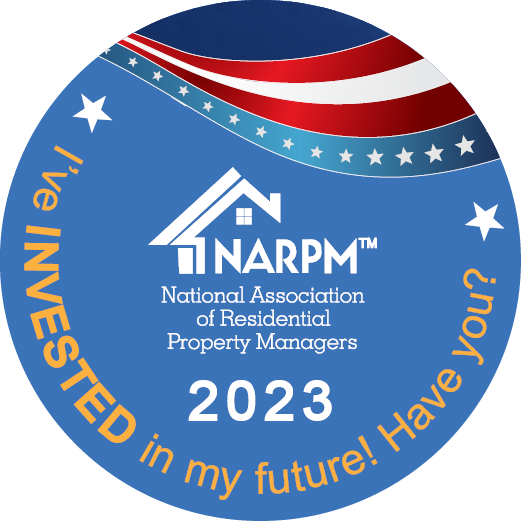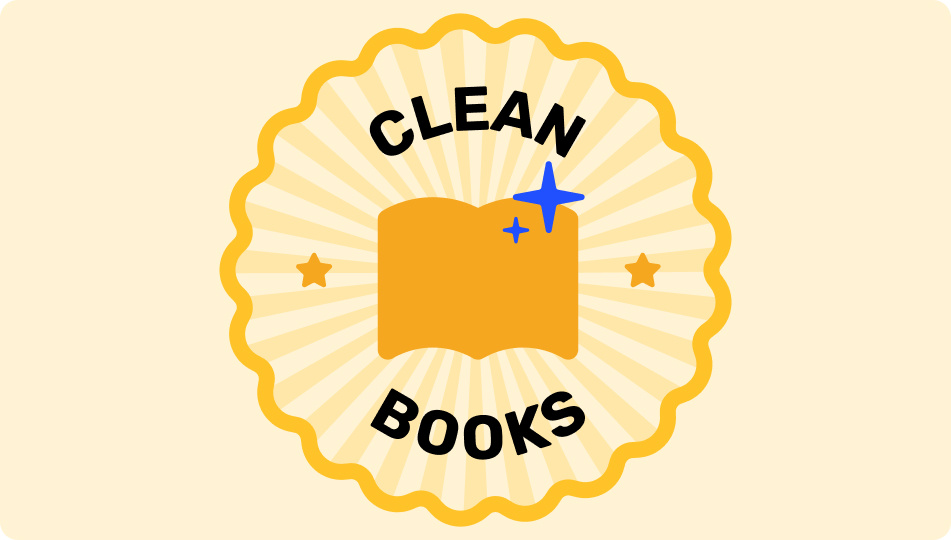Several homes have come up for sale in Charlotte, North Carolina, and you're tempted to add many of them to your rental portfolio. This may be one of the best moves you make as a property investor.
Research shows that rent in Charlotte rose nearly 12% in 2022 and continues to jump. Rent prices are rising as many people relocate to the city from other parts of the US. The city's strong employment market is also contributing to its increasing rental home prices.
Rental property inspections can help you protect your financial investments in Charlotte by keeping your properties livable. Let's explore the four types of inspections you should complete.
1. Move-In Inspection
You conduct this property inspection with new tenants. You'll walk through your rental property to identify pre-existing issues or damage. These problems might include the following:
- Scratches on walls
- Carpet stains
- Malfunctioning appliances
Your goal during this inspection is to record the property's condition. You'll compare this with your record of the home's condition when the tenants move out (more on this next).
Document all issues and damage with videos or photos and in writing. Detailed records will protect both your and your renters' interests.
2. Move-Out Inspection
You'll conduct this inspection when your tenants vacate your property. You can perform it after their lease ends or right before they move out.
This inspection requires you to walk through your property to pinpoint any damage that occurred during the tenants' stay there. You can then compare your current notes with those from your move-in inspection.
Detailed move-out inspection records will help you determine whether your renters are responsible for the property's current damage. Landlords may deduct damage-related costs from the tenants' security deposits.
3. Quarterly Inspection
A quarterly rental inspection happens every three months during a tenant's lease. You'll want to confirm that everything in your rental home is in proper working order.
The inspection's goal is to also verify that the tenant is upholding their part of your lease agreement. Are they maintaining the yard as agreed?
Quarterly inspections are ideal for promoting proactive maintenance. They'll allow you and the tenant to identify problems before they become costlier and more significant.
You must give your tenant advance notice before doing an inspection. This will give your tenant enough to make the proper arrangements for you to visit the home.
4. Annual Inspection
An annual inspection is a comprehensive inspection you organize yearly. It will give you a chance to assess your property's condition. This is crucial for ensuring that the home is habitable and safe.
Inspect the home's exterior and interior during the annual inspection. Perform a detailed assessment of appliances and fixtures. You may also check for lease violations like rental home subletting (where tenants rent out their rental home to other parties) and unauthorized pets.
Help With Rental Property Inspections
The top types of rental property inspections you should perform as a landlord include move-in and move-out inspections. They also include quarterly and annual inspections.
At Carolina Property Management, we can help you safeguard your real estate property values by performing regular property inspections. Our other high-quality services include maintenance, rent collection, tenant screening, and financial reporting. Collaborate with us to make managing your properties a breeze today!
Looking to enhance your landlord skills in Charlotte NC? Check out this article to learn how to be a good landlord in the area: https://www.carolinaspropertymanagement.com/blog/this-is-how-to-be-a-good-landlord-in-charlotte-nc















